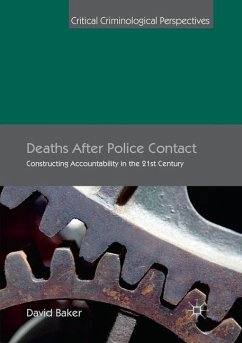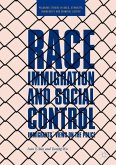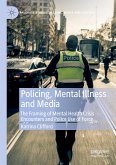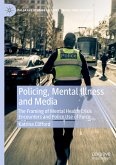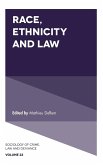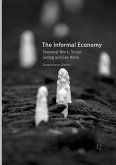This book investigates death after police contact in England and Wales in the twenty-first century. It examines how regulatory bodies construct accountability in such cases. Cases of death after police contact have the potential to cause deep unease in society. They highlight the unique role of the police in being legitimately able to use force whilst at the same time being expected to preserve life. People who are from Black, or Minority Ethnic backgrounds, or have mental health issues, or are dependent on substances are disproportionately more likely to die in these cases, and this emphasises the sensitive nature of many of these deaths to society.
Deaths after Police Contact examines police legitimacy and the legitimacy of police regulators in these cases. The book argues that accountability is produced by a relatively arbitrary system of regulation that investigates such deaths as individual cases, rather than attempting to learn lessons from annual trends and patterns that might prevent future deaths. It will be of great interest to scholars and upper-level students of policing and criminal justice.
Deaths after Police Contact examines police legitimacy and the legitimacy of police regulators in these cases. The book argues that accountability is produced by a relatively arbitrary system of regulation that investigates such deaths as individual cases, rather than attempting to learn lessons from annual trends and patterns that might prevent future deaths. It will be of great interest to scholars and upper-level students of policing and criminal justice.

